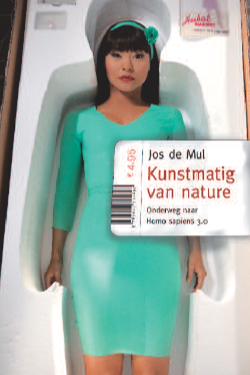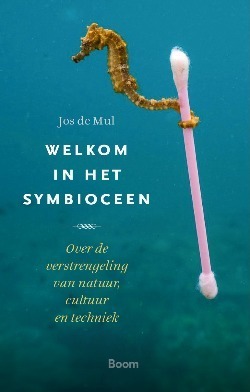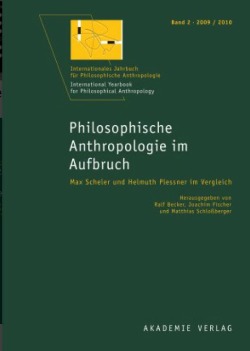Jos de Mul, Kunstmatig van nature. Onderweg naar Homo sapiens 3.0. Rotterdam: Lemiscaat: 2de druk, 2016.
 ISBN 978 90 477 0925 1
ISBN 978 90 477 0925 1
De 1ste druk (10.000 exemplaren) verscheen in 2014 als Essay van de Maand van de Filosofie, verzorgd door Uitgeverij Lemniscaat.
In Kunstmatig van nature bespreekt Jos de Mul de betekenis van recente ontwikkelingen in de robotica, neurowetenschappen en biotechnologie voor ons zelfbegrip en dagelijks leven. Wat te denken van de Japanse humanoïde robot Miim, ontworpen door Kazuhito Yokoi, die kan dansen, zingen en kleding showen op de catwalk? Zullen dergelijke robots dankzij erotische programmatuur, net als in de sciencefiction-serie Real Humans, een commercieel succes worden? Of neem het experiment van de Amerikaanse neurowetenschapper Miguel Nicolelis die elektroden in de hersenen van een resusaapje heeft aangebracht om de neuronenactiviteit tijdens zijn bewegingen te registeren. De aldus verkregen informatie brengt via het internet elders in de wereld de robot CB-1 in beweging. Een kleine stap voor de robot, maar een gigantische sprong voor het aapje -- en mogelijk in de nabije toekomst ook voor dwarslaesiepatiënten.
Op biotechnologisch gebied heeft men alternatieven ontwikkeld voor het DNA, het ‘bouwplan’ van al het leven. Terwijl de evolutie ooit bestond uit natuurlijke selectie, betreden we met deze alien genetics het tijdperk van kunstmatige selectie. Mogen we hiermee planten, dieren en mensen ‘verbeteren’? Deze nieuwe technologieën vergroten niet alleen onze kennis van het leven op aarde -- ze zijn allang begonnen dat leven fundamenteel te transformeren. Wie we zijn en wat we willen worden, is meer dan ooit een open vraag, een opgave. Zijn wij, ‘de eeuwig toekomstigen’ volgens Nietzsche, onderweg naar Homo sapiens 3.0?
‘Worden wij de eerste soort op aarde die zijn eigen evolutionaire opvolger gaat scheppen?’ -- Jos de Mul








